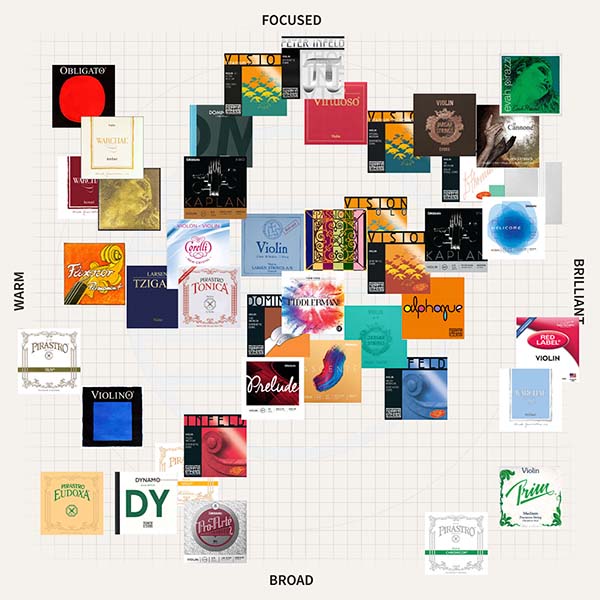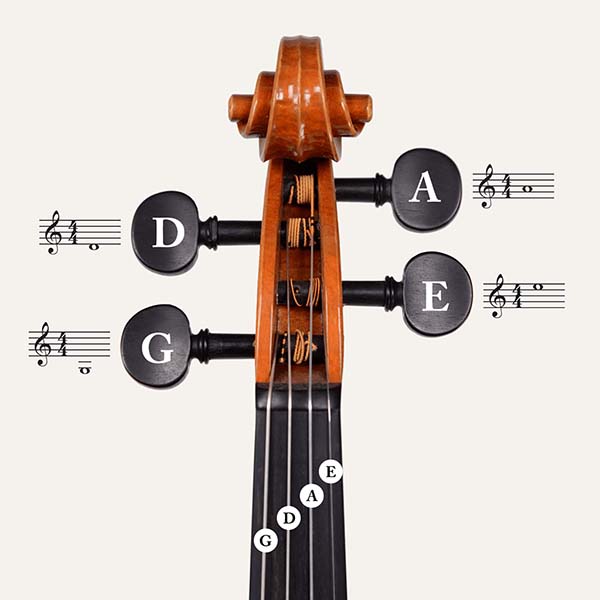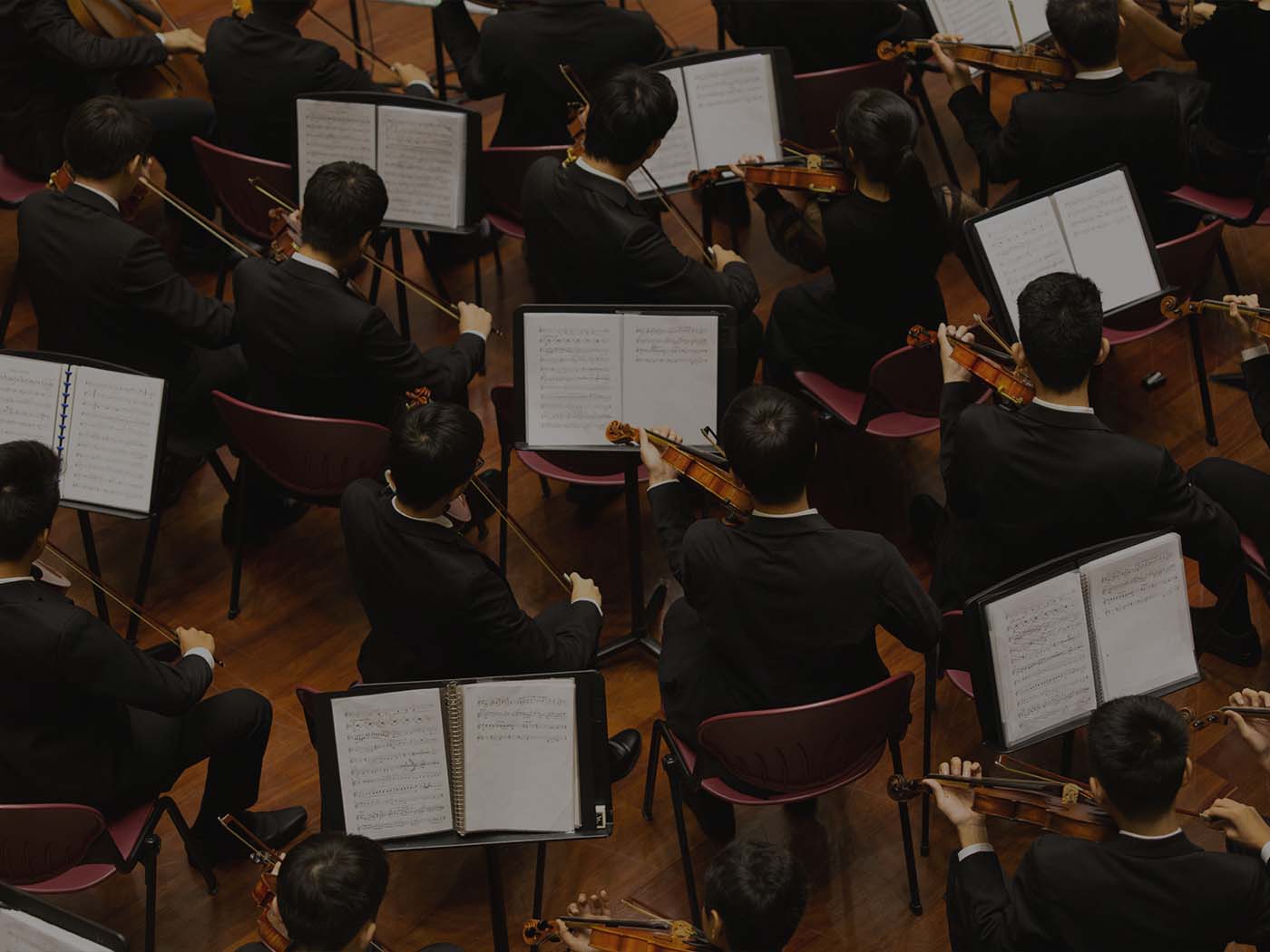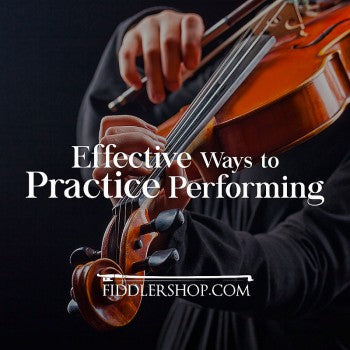There's no shortage of reasons why playing a musical instrument in an ensemble benefits children.
Orchestra teaches young ones to create something beautiful; it develops a new form of language and expression, and it allows youths to make lasting relationships within the group.
However, what about amateur musicians? What benefits are there for adult learners or non-professional musicians?
Here are five ways people of all ages learning a musical instrument benefit from playing in a community, youth, or college orchestra.
1. Motivation
With upcoming rehearsals and concerts, playing in an orchestra means constant motivation to practice and improve. You're not only accountable to yourself and an audience, but to your peers on the stage.
2. Develop New Friendships
You get to see new and old friends at your weekly practices. It also creates a platform to invite friends over for jam sessions and chamber music.
3. Stress Relief
Music is a perfect way to relieve stress, but an orchestra provides a place to go, associate with friends, and see the finished product of everyone's hard work. Even if only for a few hours each week, being a part of an ensemble means setting aside the worries of the day and indulging in a fun activity.
4. Musical Teamwork
It may look easy, but it's challenging to collaborate with many other musicians to make one piece of music sound whole, in tune, and expressive.
From the principal musicians to the conductor and individual members, everyone must learn to communicate and work as a team to deliver one musical idea, as opposed to 30 or 40 different interpretations.
Therefore, an orchestral musician learns to listen, harmonize, and follow direction.
5. Essential for Career Aspirations
If you are a person who wants to become a professional musician, an orchestra prepares you for one of many skills you'll need in the industry. If you are going to college, try to get as much ensemble experience as you possibly can.





